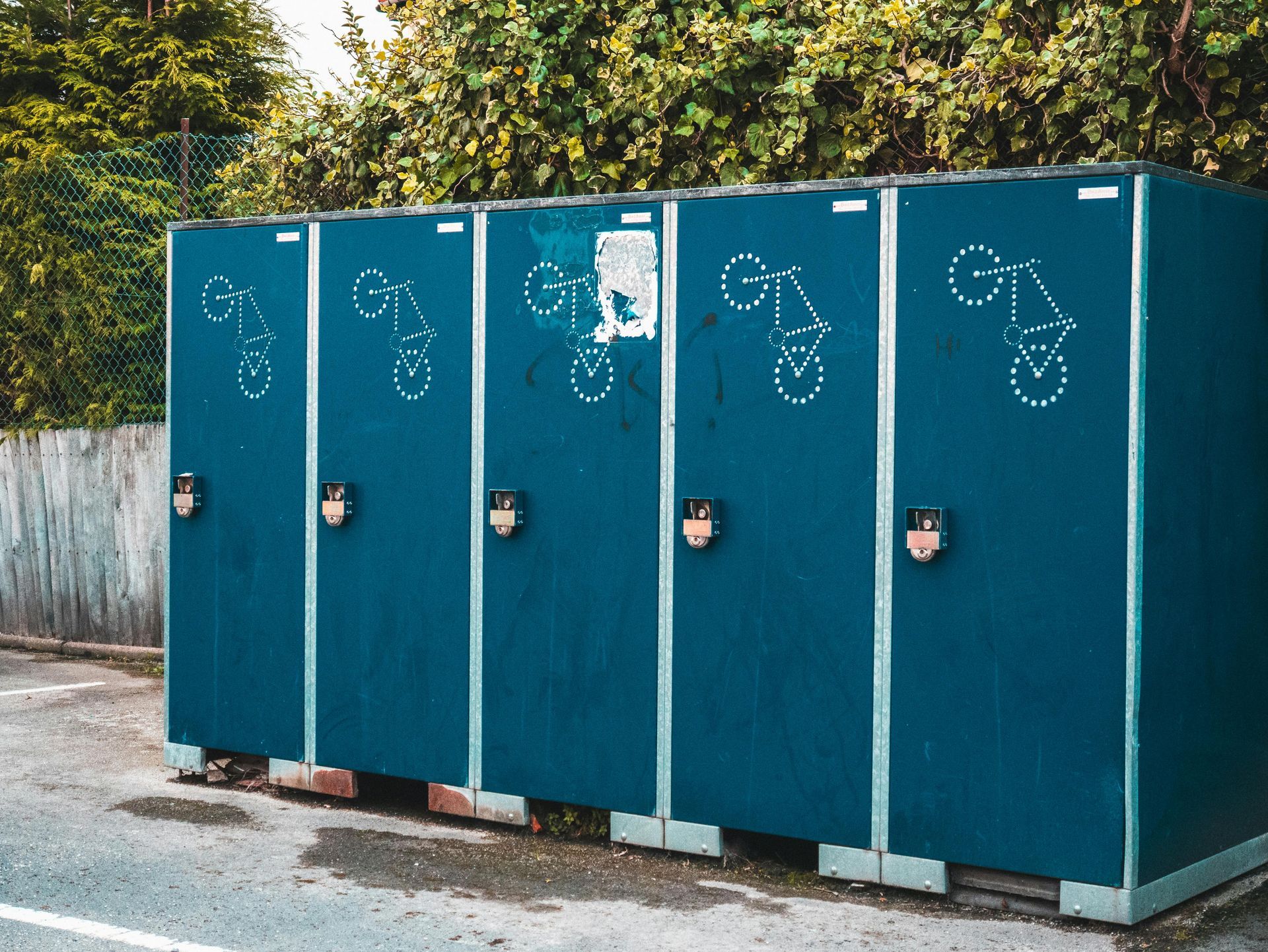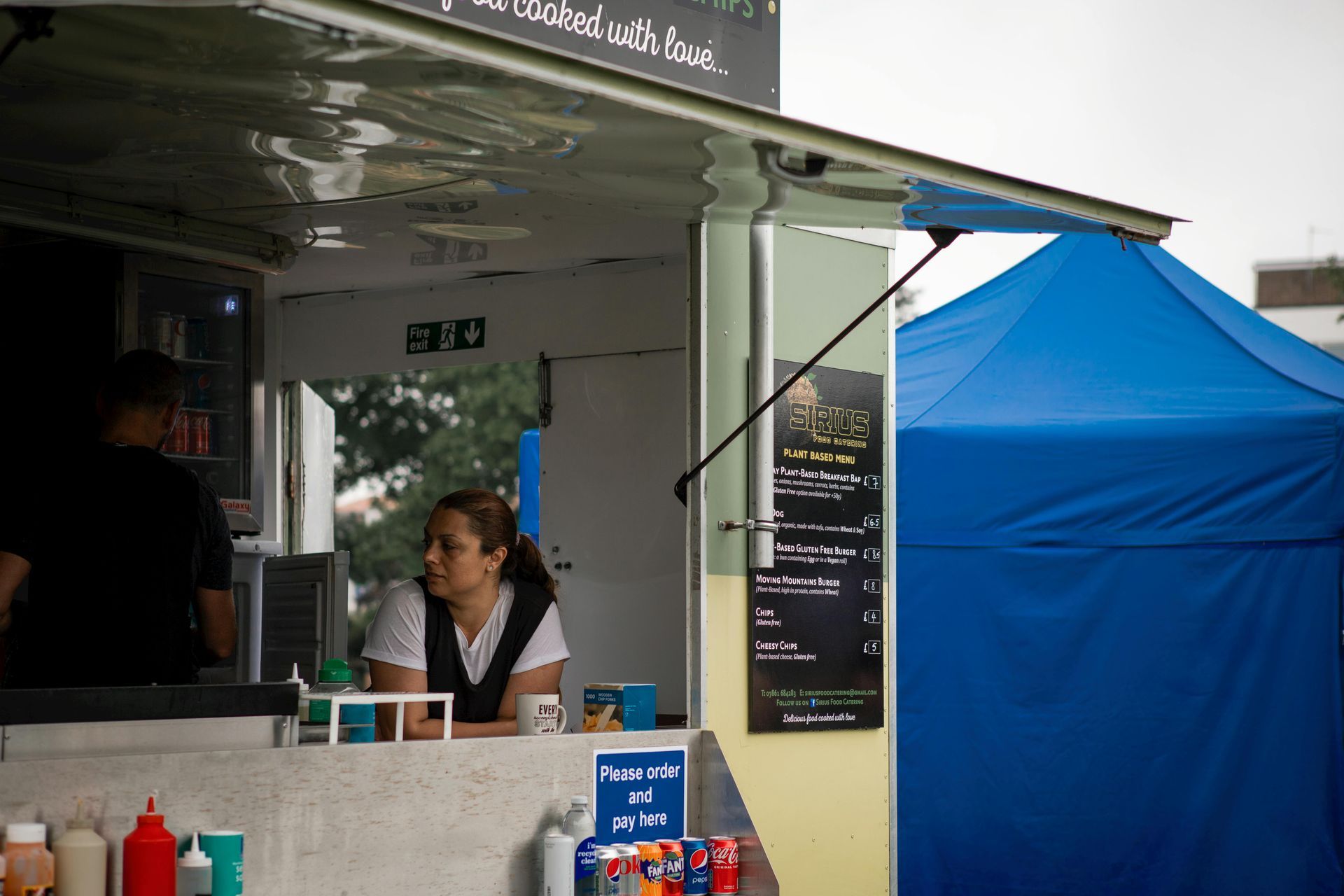How to Avoid Budget Overruns for Events and Festivals
Avoiding Budget Overruns when Planning An Event or Festival

How to Avoid Budget Overruns for Events and Festivals
If you’ve ever planned an event—whether it’s a small community party or a sprawling festival—you know one thing for certain: it’s far too easy for expenses to balloon out of control. As a professional event planner, I’ve seen even seasoned pros caught off guard by hidden costs and last-minute chaos. The good news? With some thoughtful planning and a few tried-and-true tricks, you can keep your budget on track and your event stress-free.
Start With a Detailed, Realistic Budget
You can’t stay on budget if you don’t start with a thorough, honest one. I always recommend listing every expense, down to the smallest detail:
- Venue rental and all associated fees
- Catering and bar costs
- Marketing, promotions, and printing
- Audio-visual and technical support
- Permits, security, and insurance
It’s tempting to reuse a budget from a previous event, but every gathering is different. Use past data as a guide, but get fresh, itemized quotes from vendors each time. In one festival I managed, we underestimated waste disposal costs by 40% just because I relied on last year’s figures instead of getting current estimates. Lesson learned: always check and verify.
Build In a Generous Contingency Fund
No matter how meticulous you are, something unexpected will pop up—bad weather, a broken tent pole, a surprise need for extra volunteers. To avoid panic and overspending when surprises hit, set aside 10–20% of your total budget strictly for contingencies. In big events, I keep this fund parked in a separate account so it’s not accidentally spent on regular expenses.
Real-World Example
At a recent outdoor festival, unexpected regulatory changes meant we had to rent extra fencing—an unplanned $3,000 hit. Thanks to our contingency fund, the festival didn’t skip a beat. Had we not earmarked this money, I would have faced some very tough choices.
Track Expenses in Real Time
It’s easy to get swept up in the excitement of planning and miss small incremental costs that silently add up. That’s why real-time tracking is vital:
- Use budgeting tools like Google Sheets, Excel, or specialized event budgeting software.
- Update every expense the moment it’s incurred.
- Review totals weekly (or daily in peak pre-event weeks).
During a large music event, our vendor offered “a little extra lighting” at a discount. Because I was tracking in real time, I immediately saw that even small upgrades, repeated a few times, were pushing us over budget. I was able to make informed, confident decisions instead of relying on gut feeling.
Prioritize Essential Expenses
When planning, categorize every cost as essential or adjustable:
- Essential: Venue, staffing, insurance, catering, basic tech
- Adjustable: Entertainment add-ons, specialty decor, giveaways
If you need to tighten spending, start with the adjustable categories. This ensures the event’s core needs are met, and guests will never notice if the tablecloths aren’t imported linen.
Get Detailed Vendor Quotes Upfront
Hidden fees and vague estimates are a budget’s worst enemy. Always:
- Require detailed, itemized estimates from each vendor.
- Ask about all potential extra charges, such as overtime, setup/tear-down, or equipment delivery.
- Compare quotes, and negotiate for package deals or flexible payment schedules.
I’ll never forget the year a caterer billed us for “on-site coordination”—a cost I didn’t know existed until the invoice arrived. Now I always triple-check what’s included.
Review and Adjust Regularly
Set regular intervals—weekly or biweekly—where you and your team review the budget in detail. Look for areas where you’re under budget and consider reallocating those funds, or trim areas coming in over. Stay flexible, and adjust projections as new information comes in.
Secure Sponsorships and Extra Revenue
If your event has uncertain attendance or ticket sales, offset risk:
- Seek sponsorships or partnerships for additional funding.
- Offer tiered ticket pricing or premium experiences for extra income.
- If possible, apply for grants or community funding.
This isn’t just for huge festivals—even small community events can benefit from a local sponsor footing the bill for snacks or activities.
Common Pitfalls to Watch Out For
- Underestimating costs: Always factor in taxes, security, and hidden logistics.
- Scope creep: Stick to your event’s mission and avoid adding “just one more thing”—it’s a guaranteed budget killer.
- Failure to track income: Estimate ticket sales or sponsorship income conservatively to avoid a revenue shortfall.
Personal Anecdote: The Surprising Power of Small Savings
At a city festival a few years back, we discovered just two weeks out that buying recyclable cups in bulk would cost much less than our original plan. That change saved us $2,000—money we redirected to add a last-minute performer who became the highlight of the night. Every little bit counts, and flexibility pays off.
Final Thoughts
The secret to avoiding budget overruns comes down to planning carefully, tracking relentlessly, and always preparing for the unexpected. Even as an experienced planner, I learn something new from every event—sometimes the hard way. But by budgeting with discipline and building in room for the inevitable surprises, you’ll not only avoid overruns but deliver a better event for everyone involved.







